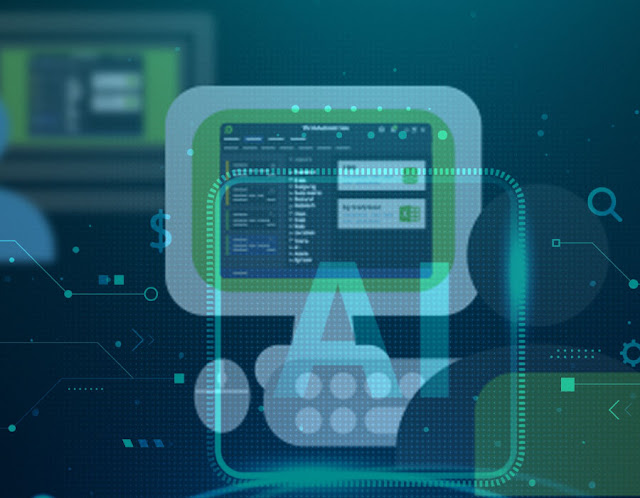Nearly half of job roles in the UK are expected to be transformed by AI by 2030, according to a new survey by ThinkAutomation and Censuswide.
 |
| AI-driven automation is set to transform nearly half of UK job roles by 2030, though budget and data security remain top concerns among IT managers. Image: CH |
London, UK – July 10, 2025:
Nearly 47% of job roles in the UK are expected to be transformed by artificial intelligence (AI) within the next five years, according to a new survey conducted by ThinkAutomation in collaboration with Censuswide. The study, which surveyed 500 IT managers across the UK, highlights a significant shift in how businesses will operate by 2030—not through job replacement, but job transformation.
Howard Williams, Commercial Director at ThinkAutomation, emphasized that AI and automation are not designed to eliminate jobs but rather enhance workflows and free up skilled workers from repetitive tasks. "By automating mundane tasks, businesses can unlock time and potential, increase job satisfaction, and reduce operational costs," he said.
While 90% of companies have already integrated AI into core workflows, the survey revealed ongoing skepticism: 21% of business leaders remain unconvinced about the financial return on AI investments. Budget limitations and data security concerns are still the primary obstacles to wider adoption.
Williams noted the irony: "It’s surprising that cost is still a concern when the market is full of success stories showing how automation more than pays for itself."
AI is already deeply embedded in platforms like Facebook Ads Manager, Instagram, and Google Search, showing its wide-reaching impact. ThinkAutomation, a flagship solution by Parker Software, uses AI for decision-making, natural language processing, predictive analytics, and intelligent data extraction—all while ensuring data privacy and security.
The misconception that AI is only for large enterprises also persists. According to the survey, 21% of respondents believe AI tools are exclusive to big corporations, despite the fact that platforms like ThinkAutomation serve both SMEs and global giants like NASA, Aon, and Bank of America.
"Automation has moved beyond rule-based systems to truly intelligent, adaptive tools," Williams added. "Now, whether you're an insurance firm or a hospital, AI can help streamline processes like approvals and communication with full compliance."
As UK businesses move into the latter half of the decade, experts agree that the AI revolution is not about removing the human workforce—but enhancing it. The challenge remains in equipping companies with the right education, budget clarity, and trust in AI’s potential.